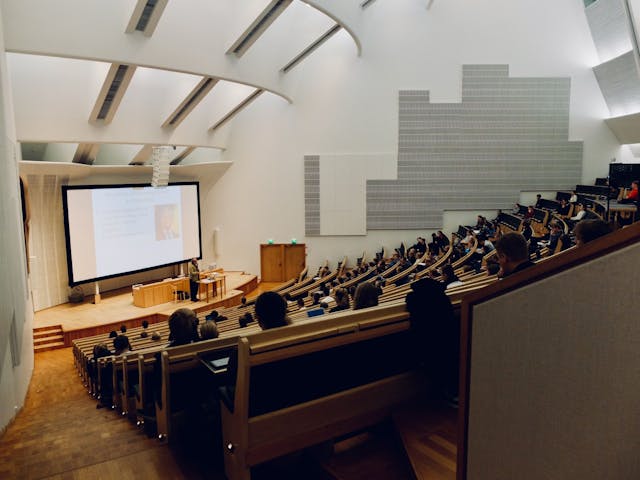Luxembourg launches new tests for early diagnosis of learning disabilities

Antoine Dautry, Unsplash
In Luxembourg's unique linguistic environment, the identification of specific learning disorders such as dyslexia, dysgraphia or dyscalculia has long faced a methodological impasse. Until now, specialists have had to use tests designed for children whose mother tongue is German, which has often led to skewed results and misdiagnoses.
On 23 April 2025, things changed: the Ministry of Education, in partnership with the University of Luxembourg and the Grand Duchess Maria Theresa Centre for the Development of Learning (CDA), officially presented the new diagnostic tools developed specifically for the Luxembourg multilingual school. The presentation took place in the presence of Minister Claude Meisch and HRH Prince Louis.
The LuxLeseTest and LuxMatheTest tests, based at the LUCET centre, cover reading, writing and mathematics. The main innovation is linguistic flexibility: the tasks and instructions are adapted to each pupil's language profile, regardless of whether they speak Luxembourgish, Portuguese, French or another language at home. This makes it possible to separate linguistic barriers from genuine cognitive difficulties, providing more accurate diagnosis and personalised support.
The third development, Fluide Intelligenz Luxembourg (FLUX), goes even further. It is a cognitive test that eliminates language dependence altogether. Using abstract tasks and visual animated instructions, it assesses a child's intelligence and thinking skills without skewing the results due to a lack of proficiency in the language of the test. This approach is especially valuable in a society where almost every second child has a multilingual background.
All three tests are aimed at pupils in Cycle 3.1, a key age when the primary literacy phase ends and the school curriculum becomes more challenging. It is at this point that learning difficulties are most likely to emerge. The tests are designed to be used by qualified professionals - psychologists, speech therapists and educators from support teams (ESEB) and competence centres.





